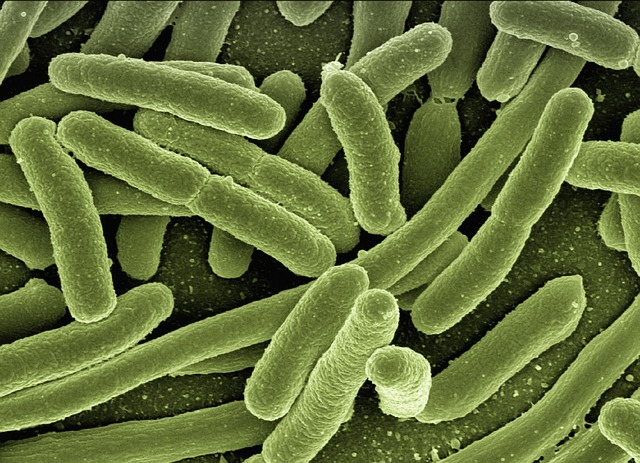The Role of Fats in Exercise and Maintaining a Healthy Lifestyle Through Nutrition
When it comes to achieving a healthy lifestyle and optimizing our exercise routines, fats often get a bad rap. Yet, it’s time to shift the narrative and embrace the essential role that healthy fats play in our nutrition. Understanding the value of fats can transform how we fuel our bodies and enhance our performance during exercise.
Healthy Fats: The Unsung Heroes of Nutrition
Fats are not just calorie-dense nutrients; they are vital players in supporting our physical health. Incorporating healthy fats into our diets can provide numerous benefits that are especially important for those who lead active lifestyles. Unlike processed fats, healthy fats such as those found in avocados, nuts, olive oil, and fatty fish offer essential fatty acids that our bodies cannot synthesize on their own.
These healthy fats help in absorbing fat-soluble vitamins (A, D, E, and K) which are crucial for maintaining overall well-being. Additionally, they are an excellent source of long-lasting energy, which is particularly beneficial during prolonged exercise sessions. By including healthy fats in our meals, we can enhance our endurance and recovery, making every workout more effective.
Fats and Exercise Performance
When we engage in physical activities, our bodies rely on different energy sources depending on the duration and intensity of the exercise. For shorter bursts of high-intensity workouts, carbohydrates are the primary fuel. However, during longer and lower-intensity exercises, fats become a significant energy source. This is where the importance of having a balanced intake of fats comes into play.
Incorporating sources of healthy fats in our pre- and post-workout meals can optimize performance. For instance, snacking on a banana with almond butter before a run can provide the necessary carbohydrates along with healthy fat for sustained energy. After exercising, a meal consisting of grilled salmon with a side of quinoa and sautéed vegetables not only replenishes lost energy but also aids in muscle recovery through healthy fats and proteins.
Creating a Balanced and Nutritious Eating Plan
A healthy lifestyle is built on balance. It’s important to embrace a variety of foods to ensure we get the nutrients our bodies need. Incorporating healthy fats into our daily nutrition can be as simple as choosing olive oil for cooking, snacking on nuts, or including avocado in our salads. Here are some quick tips for balancing healthy fats in your diet:
- Start your day with healthy fats: Add nut butter to your breakfast smoothie or enjoy avocado toast for a delicious start.
- Snack mindfully: Keep a portion of mixed nuts or seeds handy for a quick energy boost during the day.
- Experiment with cooking oils: Use olive oil or coconut oil instead of butter or margarine.
- Include fatty fish regularly: Try to incorporate salmon, mackerel, or sardines into your weekly meal prep for added omega-3 fatty acids.
By recognizing the importance of fats in our nutrition, we take a step towards a healthier lifestyle that fuels our bodies and supports our exercise efforts. With the right balance and understanding, we can leverage the power of fats to not only meet our fitness goals but also enhance our overall health.




